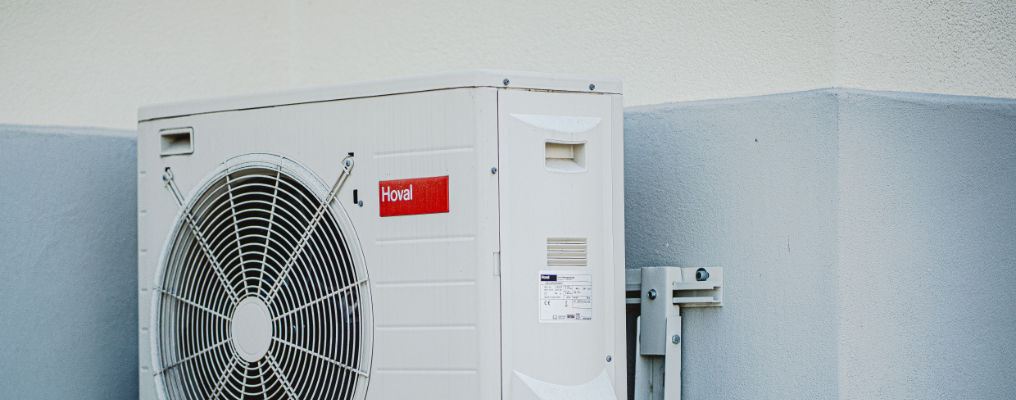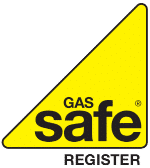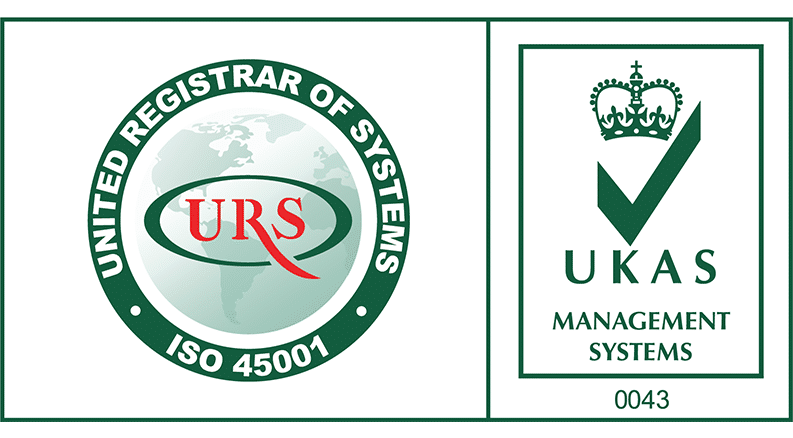
14/01/2014
The new legislation
If you have an old air conditioning system or a refrigeration system pre-dating 2004, you need to be aware that as from 1 January 2015, it will be illegal to use any Hydrochlorofluorocarbons (HCFCs) including refrigerant gas R22. Although R22 (Freon) hasn’t been legal in new equipment since 2004, if your system was installed before that time, it’s likely to contain the banned refrigerant, so you’ll need to factor the cost of R22 replacement or adaptation into your business costs in the next year.
In 2010, a European Regulation called the ‘ODS Regulation’ banned all use of new R22. If you’re in possession of AC or refrigeration units that still operate on R22, you won’t be able to top them up from 2015. Instead, you’ll either have to replace your old units with new, compliant equipment, or use a modern refrigerant to top them up, which will mean having parts of the existing units replaced.
Replacement or conversion?
Considering that any units using R22 refrigerant will now be at least ten years old, it could be time to think about replacing them. Some manufacturers advise against using new types of refrigerant in old AC systems, saying that converted systems can perform less efficiently and lead to higher energy costs.
Things to consider if you’re weighing up your options include:
- How old your current AC system is
- How efficient the current equipment is
- Whether you have any leakage issues
- Whether your existing equipment can be converted adequately and without loss of efficiency.
If converting your existing equipment could lead to a higher energy cost (and carbon footprint) you might just decide that replacement is the only viable option as the increase in energy cost might make saving money on replacing your old equipment a false economy.
For further information on replacement, drop-in solutions or upgrades, check out our R22 replacement page.
Your responsibilities
The EC Ozone Regulations also make it a legal requirement that equipment containing 3kg or more refrigerant is checked annually for leakage, that refrigerant is recovered during servicing and at the end of the equipment’s life, and that only people with the prescribed qualifications are allowed to service or repair units.
It’s legally your responsibility as the operator of any AC or refrigeration units to check for leakages, and ensure any leaks you find are repaired as soon as possible. You’re also responsible for:
• Arranging proper refrigerant recovery by certified personnel during servicing and disposal
• Carrying out leak checks to a prescribed schedule
• Ensuring that leak checks are only carried out by qualified personnel
• Keeping records of refrigerants and servicing
If you have a preventative maintenance contract, you’re covered!
If you have a contract with us for preventative maintenance, we will organise your leak tests around the correct schedule, and all you will need to do is keep a log book on-site recording details of when refrigerant is recovered, recharged or removed. Our engineers are more than happy to complete the forms for you on-site to make sure you’re covered.
How we can help
With so many rules and regulations to be aware of, it could pay to trust your maintenance, servicing and repairs to the experts. Carlton Services are well versed in all the current EU regulations and all of our engineers hold the 2079 Safe Handling of Refrigerant Qualification required to service or convert refrigerant systems. If you think you might be affected by the upcoming R22 legislation changes, and would like to talk to one of our professional team about R22 refrigerant replacement or installing a new air conditioning or refrigeration system, contact us today and we will be happy to advise you!














